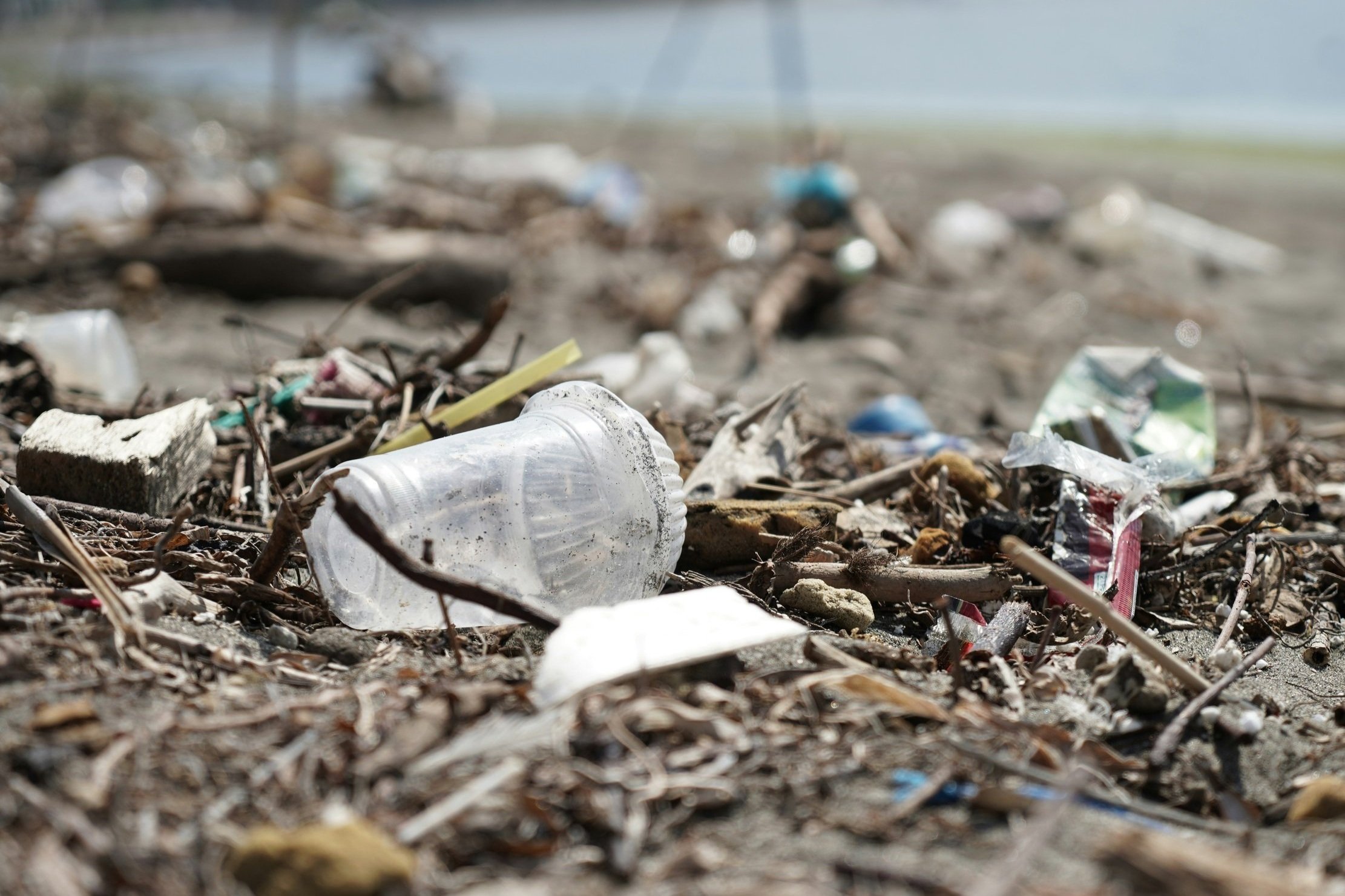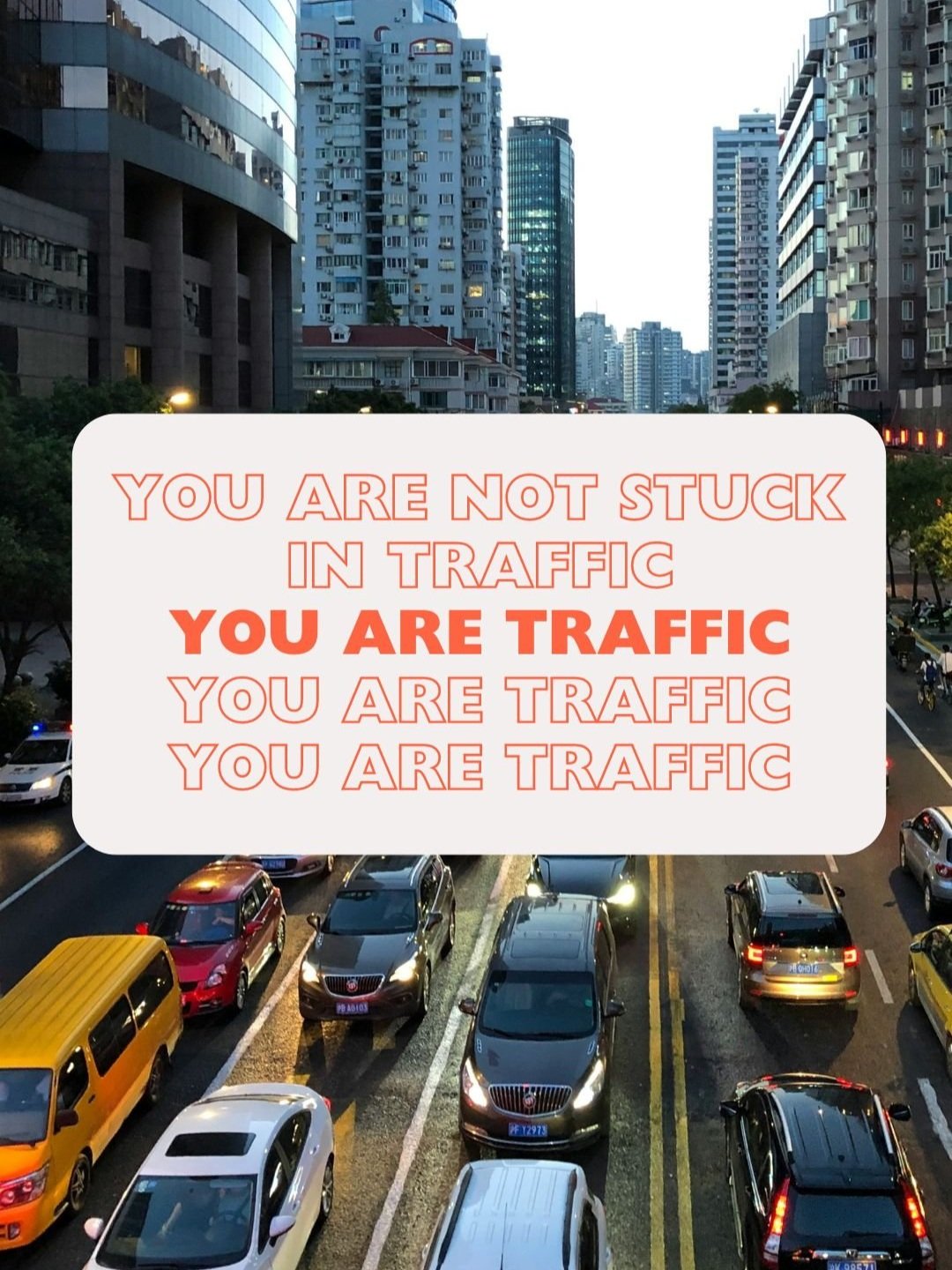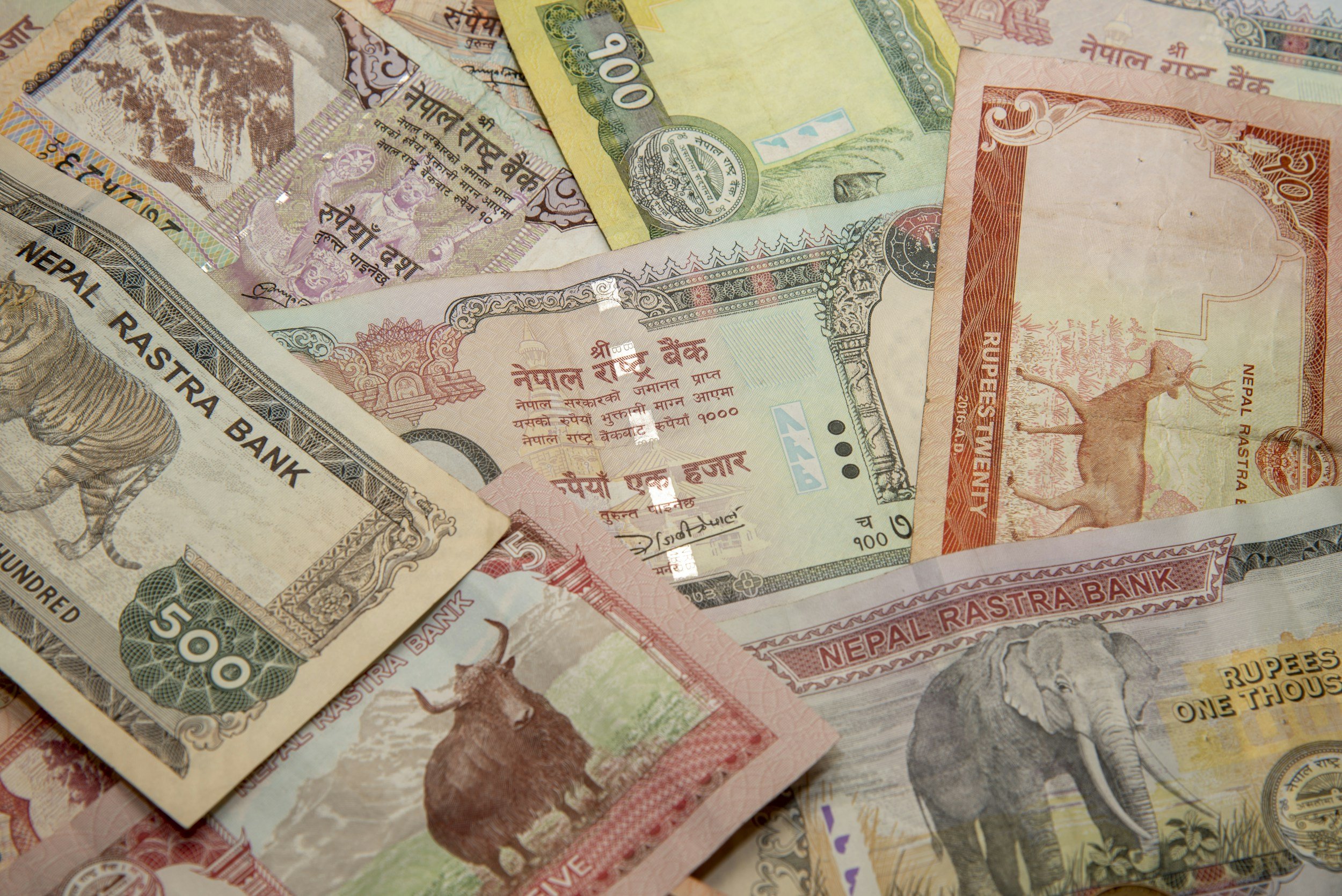The Problem with…Tourism in Southeast Asia
Having spent 8 years living in London and getting fed up with commuting in the gloomy London weather, I (Chickenfeet co-founder Simon) moved to Singapore in 2011. A work opportunity had come up and thinking about whether to accept it, I realised that Singapore would be a great base for adventures around South East Asia.
I had thoughts of exploring the jungles of Borneo and Sumatra, tropical island beaches, trekking up volcanoes and scuba diving in warm, crystal clear seas. This spurred me to move across the world. Yes, I would still have my office job as a lawyer but I wanted to take the chance to hop around South East Asia at weekends and during annual leave.
Nine years and many travels later, what did I find? An absolutely stunning region of beautiful landscapes, fascinating cultures, wonderful food and friendly people. But one much harder to explore than I had expected and suffering from the burdensome impact of mass tourism.
Like most people who move to Singapore, Bali was pretty high up on my “must visit” list. Bali conjures up visions of everything you associate with a tropical island paradise. What I didn’t know is that most of Asia and Australia have the same idea! In the south of the island, where tourism is focused, its completely clogged up with traffic! I couldn’t believe our drive from the airport on my first visit. Keen to get to our villa when we arrived we spent the first hour and a half in “tropical paradise” stuck in choking traffic!
The beaches are nice enough but massively overcrowded with selfie seekers. They also suffer from the plague of plastic in our oceans. Yes, there’s some great restaurants and beautiful sights, but every where you go you feel you are experiencing it with crowds of other tourists and you certainly don’t get the feeling you are having an authentic experience.
Bali also puts the spotlight on a number of other issues that I have found with tourism across this region:
Accommodation:
South East Asia has great five star hotels but staying there you are likely giving your money to a big international hotel chain rather than to local people. This can make a significant difference in what is a poor region with many social and environmental problems. You can also be removed from the local culture and I’ve often looked around five star hotels thinking “I could be anywhere in the world”.
There are also many great backpacker options but not everyone wants that and there’s little information on the middle ground between backpacker and luxury. You can find some terrible places, but also some amazing locally owned and run places that give you an incredible, authentic experience. Finding these gems is not easy and takes a lot of trial and error.
Tourist Traps:
There is little information available on how to get away from the tourist crowds. There are so many great places to visit that are away from the crowds and with operators, guides or drivers that are great honest, hard working local people who look after their part of the planet and do everything in their power to give you the best experience possible . But how do you find them? It’s difficult. Guidebooks mostly include places on the same old tourist trail that everybody else goes to. Travel blogs can sometimes be useful, but are unreliable - see our article “The Trouble with Travel Blogs”. Consult a travel agent? They often are not experts and just know the places where the crowds go without taking the time and trouble to find out what you really want from your trip.
Plastic Pollution:
What about that wonderful trip where you have an incredible local guide who go out of their way to give you a special experience, where you stay in quality, affordable accommodation run by friendly, helpful local people, immerse yourself into the local culture and into nature, have a positive impact on the environment and community you visit and have a genuinely special experience? That is what Chickenfeet Travels aims to achieve.
Bali is a great example in fact. Whilst there are problems with tourism in Bali, we do it Chickenfeet Travels style! We partner with an incredible guide and driver who can take you to the north of the island away from the tourist crowds.....
After my first trip to Bali I did go back a few times and rented villas with friends. But it wasn’t until I met Jin that I found the very best of Bali where I had a truly memorable trip being immersed into nature and discovering the incredible local culture.
What is Positive Impact Travel?
The magic of travel that we crave and seek out is protected and conserved by the local ownership of their land, resources, and attraction.
Simply put, positive impact travel is exactly what it sounds like: it is to explore and discover the world around us while having a positive impact on yourself - mind, body, spirit - and more importantly a positive impact on the people you meet along the way in every place you visit and the natural environment that supports it.
In extension to that, at Chickenfeet Travels, we believe that it is actually our responsibility as guests to a country, to travel in a way that ensures we contribute to their society and their communities in a way that supports them into thriving future full of hope. Just as when we visit the home of a friend or family, we sometimes bring a bottle of wine as an offering, we respect their belongings, we use their amenities without leaving a mess, we help wash up after a meal, we bring our good moods, ideas, and perspective to exchange for theirs, and when we part ways, both parties are in lifted spirits and just a tiny bit better having grown from that interaction.
“You cannot get through a single day without having an impact on the world around you. What you do makes a difference, and you have to decide what kind of difference you want to make.” - Jane Goodall
In the last decade, with the boom of internet and access to information at our finger tips we have been able to expose ourselves to the problems of the world, educate ourselves about the cause and possible solutions, and then decide to be better. We can never correct a problem if we are not aware of it; but when we become aware of it, we must not ignore it. No industry has seen this effect faster and more so than travel.
“Do the best you can until you know better. Then when you know better, do better" said Maya Angelou.
As more people travel more often, we can see that how we travel has determined the way tourist hotspots have grown. Some places falling victim to overtourism while others thriving. Now more than ever, it is more apparent and important that more of us need to travel in a way that leaves a wake of positive impacts. Staying on theme with positives, let’s look at the ten examples of how positive impact travel has influenced the travel operations and society as large:
Rise in social enterprises
More businesses that put the community first
More businesses that put environmental protection and conservation first
Rise of bamboo straws and cotton bags
Refill stations for drinking water (Trash Hero and Refill My Bottle)
Rise of organic farm to table restaurants
Rise of vegetarian and vegan options and restaurants
Rise in popular destinations to travel to
Nature returning as humans are in coronavirus lockdown
These are just a few. This is hard proof that as a movement, travelling mindfully makes a difference.
We believe that we can make the world a better place through travelling mindfully. As individuals, we need to be aware of social and environmental problems, educate ourselves, and choose to be better; we need to be responsible travellers. Because every dollar we spend can make a difference in the future development of a tourist destination, we need to make sure we use our spending power to support the right people and businesses. Where we sleep, eat, shop and who we chose to explore with makes a difference. Always choose operators who put the welfare of their employees first, who think about their community at large, who keep the environment in mind, and those who are open to evolving and innovating as better ways and ideas come around.
And in the last three to five years, with changing attitudes and therefore more options available, it is now easier than ever to be a responsible traveller and travel with a positive impact.
Positive impact is has more to do with the the operators and the destination, so it comes down to our choices as a responsible traveller to go to destinations away from mass tourism and supporting guesthouses, restaurants, and operators going to right thing.
How to be a Responsible Traveller
It is simple to be a responsible traveller, but it is not easy. It takes a lot of time researching to find sustainable operators, it requires a little bit of pre-trip prep to bring the right tools to stay plastic free, and it is about remembering that we are guests, and that we should always be great guests in the countries that we are visiting.
Being a responsible traveller comes down to:
Give more than you take
We take so much from a place that is intangible and priceless and noone benefits but ourselves. We leave from a holiday with a sense of calm and freedom. So when we can, we need to make sure that we are giving back as much as possible by supporting local guides and local guesthouses and cafes.Be Prepared
Take control of things that you can when it comes to pollution and waste in general. We need to travel prepared with a filter bottle and a tumbler to avoid plastic water bottles at all cost. We need to bring extra tote bags to avoid one time use plastic bags.Avoid What’s Trending
Things listed on TripAdvisor are usually tourist traps. Yes they are beautiful, but there is always a better option. By the time it’s made a list, it is a victim of over-tourism. If you choose to go, you will be disappointed by the hoards of people that are conveniently edited out for social media.
And yes, I get it, there are rewards doing what is popular, but that should be <10% of the time you spend travelling.Pay to Play
Yes, everyone can do everything themselves, but as a traveller you miss out so much on what you can learn because all you are doing is sight seeing instead of experiencing things. But when you pay a local guide, you truly experience and know a place, and learn its nuances and cultural intricacies.
The world is becoming more aware of the problems that we face at the cost of convenience, and consumerism, and FOMO. To be a responsible traveller means that not only are you aware of environmental and social issues, but you do your part not just to avoid certain issues but also to support the people who also act consciously.
“The greatest danger to our future is apathy” - Jane Goodall
To be a responsible traveller means that not only are you aware of environmental and social issues, but also you do your part not just to avoid certain issues but also to support the people who also act consciously.
All it comes down to is mindset.
Adventure is a mindset.
TL;DR: Tourism in Southeast Asia is booming—but not without consequence. This post explores how mass tourism has impacted the region’s nature, communities, and culture. From over-touristed hotspots like Bali to the erosion of trust and authenticity in travel experiences, we break down key issues like accommodation leakage, tourist traps, and plastic pollution. The post calls for more mindful choices through positive impact travel: supporting local businesses, choosing ethical guides, avoiding viral trends, and embracing deeper, slower, and more meaningful ways to explore. Adventure is a mindset, and every dollar you spend is a vote for the kind of world you want to travel in.











